Some years ago, while visiting family in Ecuador, my grandfather casually remarked that his father Manuel Zapata Mariño, a leftist political exile who founded a farming village in the Andes, had also been a poet hiding in plain sight and that a journal of his poems had been missing for decades.
At that time, in what might be best described as accidental mimesis, I was in the foggy middle of writing a novel about a lost science fiction manuscript written by a Latin American refugee from the 1920s. At some point, while both finishing the resulting novel, The Lost Book of Adana Moreau, and searching for my great-grandfather’s poems, which my grandfather incredibly discovered on his 100th birthday, I began to wonder about the innumerable books condemned to the abyss by personal and historical ruptures of space and time, and all those books nearly lost to history which, through impossible odds, still reach us like shadows from other worlds.
In many of the rebellious works of literature listed below, we have an extraordinary reminder that the record of history is never permanent.
Here are ten works of literature that were lost and then saved by a hair:

The Epic of Gilgamesh
Predating Indiana Jones by 128 years, the Assyriologist Hormuzd Rassam discovered 12 incomplete Akkadian-language tablets containing the Epic of Gilgamesh in the ruins of a royal library in Nineveh. In the epic, when the gods kill Gilgamesh’s frenemy Enkidu, he sets off on an epic and dangerous journey to discover the secret to eternal life, only to be hoodwinked by a (suspiciously familiar) serpent. Gilgamesh returns home to Uruk, reconciled with his mortality. “Indiana, we are simply passing through history.”
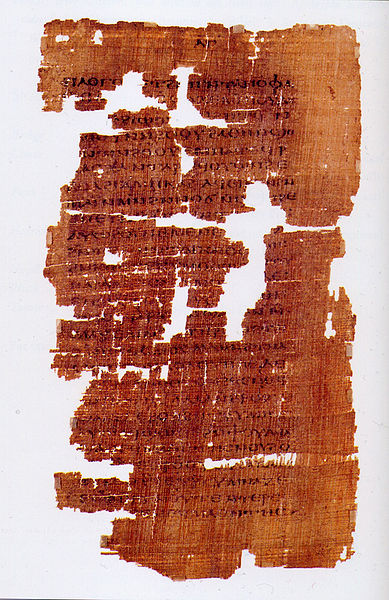
The Gospel of Judas
In what amounts to the greatest double plot twist in human history, a leather-bound Coptic language papyrus document looted from an Egyptian tomb in the 1970s and discovered decades later languishing on the black market, reveals that Judas and Jesus are holy besties and that Jesus asks Judas to betray him to the, no doubt, increasingly confused Romans…but then, after the credits roll (and more Gospel scholars and Scorsese get involved), Judas is exposed as a dark agent/human alter ego of the king of demons, Ialdabaoth, and we learn that Jesus is sacrificed not to God but to the demons.
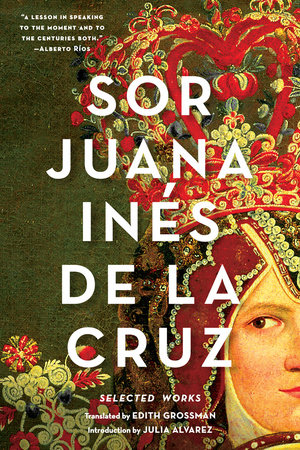
The Complete Works of Sor Juana Inés de la Cruz
Sor Juana Inés de la Cruz—The Tenth Muse, the Mexican Phoenix, the First Feminist of America—was a 17th century writer and Hieronymite nun. Ever defiant against a colonial-minded and obstructive hyper-patriarchal church, she was forced to sell all of her estimated 4,000 books—the largest library in Mexico at that time. Of more than a hundred works of her own writing, only a few have survived—reportedly saved by the Countess Maria Luisa de Paredes, vicereine of Mexico, to whom de la Cruz often wrote love poems. What did survive—including the brilliant and subversive prose letter Reply to Sister Philotea, written in 1691 in response to a bishop’s injunction against her work and in defense of women’s rights to an education—serves as a radiant and profound reminder that literature can move mountains.
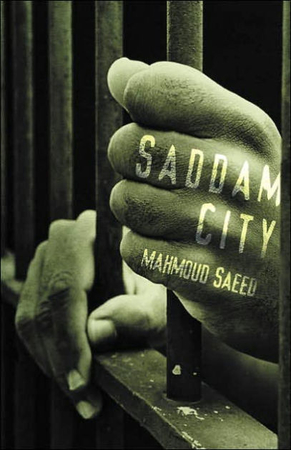
Saddam City (I Am the One Who Saw) by Mahmoud Saeed
Saddam City is a scathing, Kafkaesque indictment against Saddam Hussein’s regime and the modern world’s tendency to drift toward tyranny. Saeed, who was a political prisoner three times over and whose work was often banned or destroyed, hid the early unpublished pages of this novel (along with remarkable others) in plastic bags in the tank of his toilet before fleeing Iraq with them.
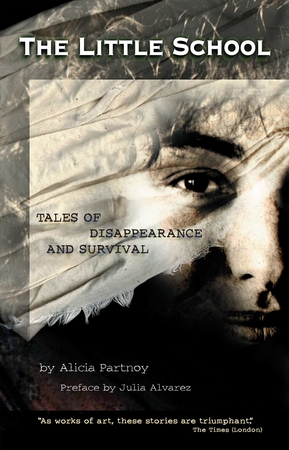
The Little School: Tales of Disappearance and Survival by Alicia Partnoy
In 1977, in the midst of Argentine’s Dirty War, student activist Partnoy was abducted from her home in Bahia Blana by secret police and taken to a concentration camp called “The Little School.” This profound and acutely compassionate memoir, recounting her horrific experiences and solidarities with other prisoners as seen through a tiny hole in her blindfold, was smuggled out and first published anonymously in human rights journals.
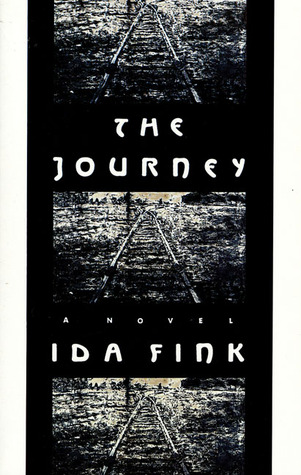
The Journey by Ida Fink
Like the two Polish-Jewish sisters in her deeply stirring novel, Fink and her own sister survived the Nazi regime by concealing and often changing their identities. In fact, cheating a little here in the parameters of this list, Fink’s entire oeuvre is a complex excavation of mutable and imagined identities, memories, and survivals. “Did you ever see someone who was killed in the war, but who is still alive?” she writes in her short story “Cheerful Zophia.”
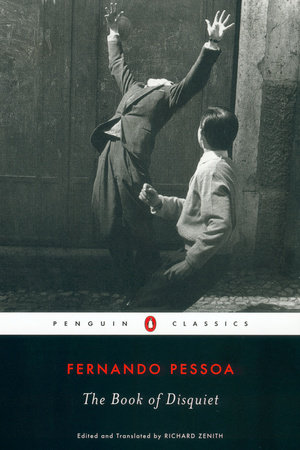
The Book of Disquiet by Fernando Pessoa
Long before the (depending on your elected tastes) scourge or muse of autofiction, Pessoa created up to 75 alter egos. One of them, Bernardo Soares, filled this impossibly strange, impossibly beautiful, incomplete, and fragmented “factless biography.” Like all Modernist masterpieces, it was discovered in a domed, wooden trunk replete with some 25,000 unpublished manuscript pages and published 47 years after his death.
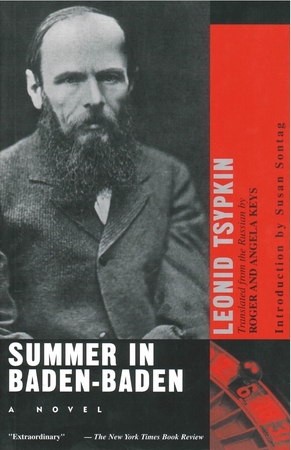
Summer in Baden-Baden by Leonid Tsypkin
This revelatory genre-inventing masterpiece follows the Dostoyevsky-obsessed Tsypkin himself on a train headed to Leningrad as he reads a (fictionalized) memoir written by Anna Dostoevsky that eloquently recounts a trip she and Fyodor—so manic, so messy, so astronomically brilliant—took to Baden Baden in 1867. Tsypkin, a doctor and medical researcher who hid from Stalin’s anti-Semitic campaigns on the staff of a rural psychiatric hospital for seven years, never saw a single page of his work published in his lifetime. A journalist friend of Tsypkin’s smuggled the original manuscript out of the Soviet Union.

Their Eyes Were Watching God by Zora Neale Hurston
Not a nearly lost work of literature so much as a tragically forgotten one, Hurston’s achingly lovelorn, once-controversial novel was almost pushed to the dustbins of literary history before being rediscovered and praised in the 1970s and 1980s by luminary and rebellious writers like Audre Lorde and Alice Walker. This makes perfect sense as the self-determination of Hurston’s heroine is nothing less than radical and was decades ahead of its time.
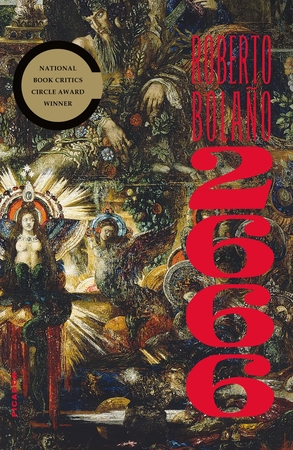
2666 by Roberto Bolaño
Famously, Bolaño wrote his meteoric, apocalyptic magnum opus while waiting for a liver transplant, pursued both by his own impending biological (if not literary) death and visions of an impressionistic global literary future full of soccer matches “between a team of the terminally ill and a team of the starving to death.” Published a year after his death, 2666 is everything a novel could ever be and it leaves its readers blinking, like Bolaño, into the abyss.
The post 10 Books That Were Almost Lost to History appeared first on Electric Literature.












